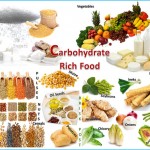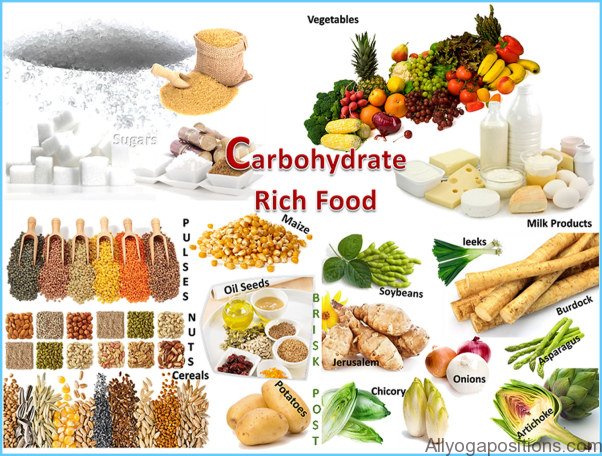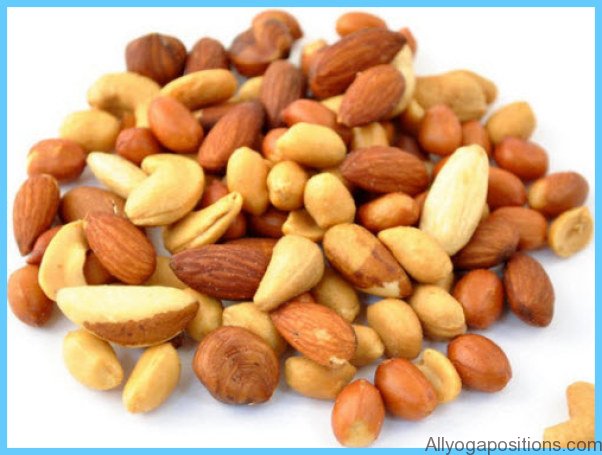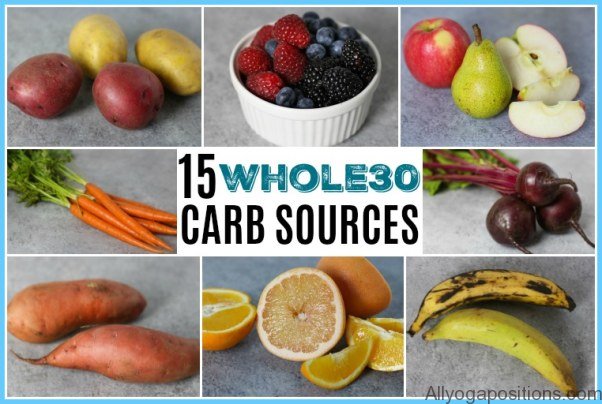Carbohydrate has been one of the most widely studied nutrients with respect to mood. High-carbohydrate meals have been associated with a calming, relaxing effect and even drowsiness. A meal like pasta allows an amino acid called tryptophan to get into the brain, which is then used to make the neurotransmitter serotonin. Numerous studies have linked high serotonin levels with happier moods and low levels with mild depression. Most of this research has been done in women with PMS. These studies find that mood can be improved within 30 to 90 minutes of consuming a carbohydrate-rich food or beverage.
If you’re feeling depressed, try a high-carbohydrate meal that contains very little protein. Protein foods like chicken, meat or fish provide many different amino acids that compete with tryptophan for entry into the brain. That means that less serotonin will be produced. Try pasta with tomato sauce, a toasted whole-grain bagel with jam or a bowl of whole-grain cereal with low-fat milk. You might also try high-carbohydrate beverages like unsweetened fruit juice, a sports recovery drink or even milk.
Omega-3 Fats for Depression
Scientists have learned that levels of omega-3 fatty acids, special fats that are plentiful in fish, are lower in people who are depressed. These fatty acids are important components of nerve and brain cell membranes, where they help cells communicate messages effectively. Fish contains two special omega-3 fats called DHA and EPA. It’s a lack of DHA that seems to be an important factor in depression. DHA may work to ease depression by altering the structure of cell membranes in the brain, making them more responsive to the effects of serotonin. It’s also thought that DHA has antiinflammatory effects in the brain, which can also influence mood. Some research suggests that fish oil supplements can improve symptoms in patients with clinical depression.
The best sources of omega-3 oils are cold-water fish such as salmon, trout, mackerel, herring, sardines and fresh tuna. If you don’t like fish, or you’re not prepared to eat it on a frequent basis, there are other ways to get more DHA into your cell membranes. Your body uses food rich in the essential fatty acid alpha-linolenic acid to make some DHA. The body cannot make essential fatty acids, so they must be consumed in the diet. If you don’t get enough of this fatty acid, your body can’t make DHA. With today’s emphasis on low-fat and fat-free products, many experts fear we’re not getting enough alpha-linolenic acid. Flaxseed oil, canola oil, walnut oil, Omega-3 eggs, soybeans and green leafy vegetables all contain alpha-linolenic acid.
Make an effort to add more omega-3 fats to your diet. Get the majority of your added fats and oils from omega-3 sources. Aim to eat fish at least three times a week. Use flaxseed oil in salad dressings and canola oil in baking and cooking. Store flaxseed and walnut oils in the fridge and don’t use them in cooking, as heat and oxygen can easily destroy these fats. It’s also important to minimize your intake of animal fat and packaged foods that contain hydrogenated vegetable oils—these fats compete with omega-3 fats in your body, so a diet that favors these fats can deprive your cells of omega-3.
If you have clinical depression, you might be wondering about fish oil supplements. If you decide to go this route, buy a product that offers a combination of EPA and DHA. A good quality fish oil supplement should also contain vitamin E, which is added to help stabilize the oils. Avoid fish liver oil capsules. Supplements made from fish livers are a concentrated source of vitamins A and D, and too much of these vitamins can be toxic when taken in large amounts for long periods of time.
The precise dose for treating depression is not yet known. Some experts recommend getting anywhere from 5 to 15 grams of omega-3 fats three times daily. That can amount to a lot of capsules, and there are a few downsides: they can repeat on you, leaving an unpleasant taste in your mouth. But more importantly, fish oil has a blood-thinning effect; if you take other medication that thins the blood, be sure to check with your physician first. Fish oil supplements should never replace your medication. Always discuss any alternative or complementary treatment with your doctor first.




















